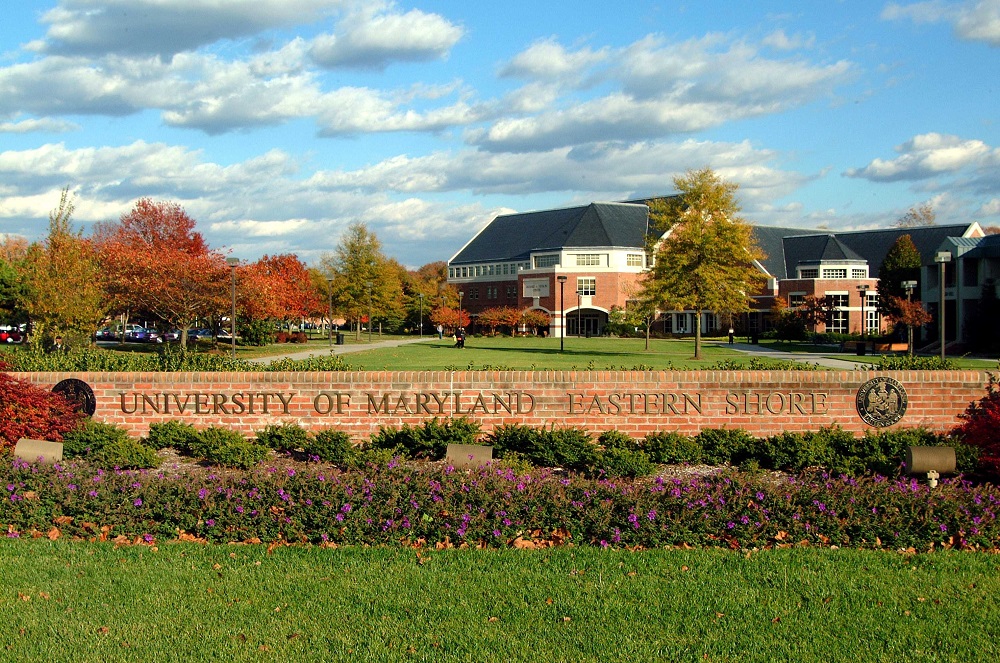
The University of Maryland Eastern Shore was selected as the recipient of the Howard Hughes Medical Institute’s Driving Change Initiative, becoming the first Historically Black College or University chosen for the grant.
The university will receive $2,500,000 in start-up funds over the next five years beginning Nov. 1, 2022.
UMES was one of six universities to receive an award from the funding competition, which included a self-study process involving assessments regarding the university’s dedication to “establishing a scientifically grounded culture to the institution,” according to the HHMI. UMES was one of 38 finalists for the honor.
The purpose of Driving Change, which was launched in 2019, is to “create inclusive environments, promote student success, and recognize the institutional practices and historical context that are barriers to inclusion,” according to the HHMI.
“Our undergraduate student population is 83% students of color, of which 50 percent are already enrolled in STEM majors,” said UMES President Heidi M. Anderson. “Through Driving Change, we will transform the infrastructure and vastly open up opportunities for these students contributing to a science-driven cultural change.”
As a result of the HHMI’s proposal, UMES will create a new program called STEM STARS (Students Achieving Results in Science), which will be a living-learning, cohort model where students immerse themselves into the university’s culture and activities that support collegiate goals.
The program will be a welcome addition to the institution, which has awarded 60 percent of its degrees in the STEM fields of science, technology, engineering, and math in the last several years. UMES also has the most healthcare professions programs of any HBCU with eight, which also contributes to its STEM success.
Dr. Victor Hsia, the chair of the Pharmaceutical Sciences program, and Dr. Jonathan Cumming, who oversees the Natural Sciences program, will lead the university’s efforts in the STARS STEM program, beginning with the hiring of a new director, recruiting the first cohort, identifying a residence hall to serve as the living-learning community for the STARS, and creating an internship program.
HHMI hopes that the program can lead to a collaborative effort in changing the culture surrounding the lack of diversity in STEM fields.
“The first six Driving Change grants are being awarded to finalist applicants that made strong arguments for their readiness to embark on this change journey with experiments that held the best promise of helping the whole community,” the organization said in a statement. “Awarding the first six Driving Change grants is just one early step in a much longer journey, one that the Driving Change team hopes all 38 institutions in HHMI’s Learning Community will continue to travel.”

